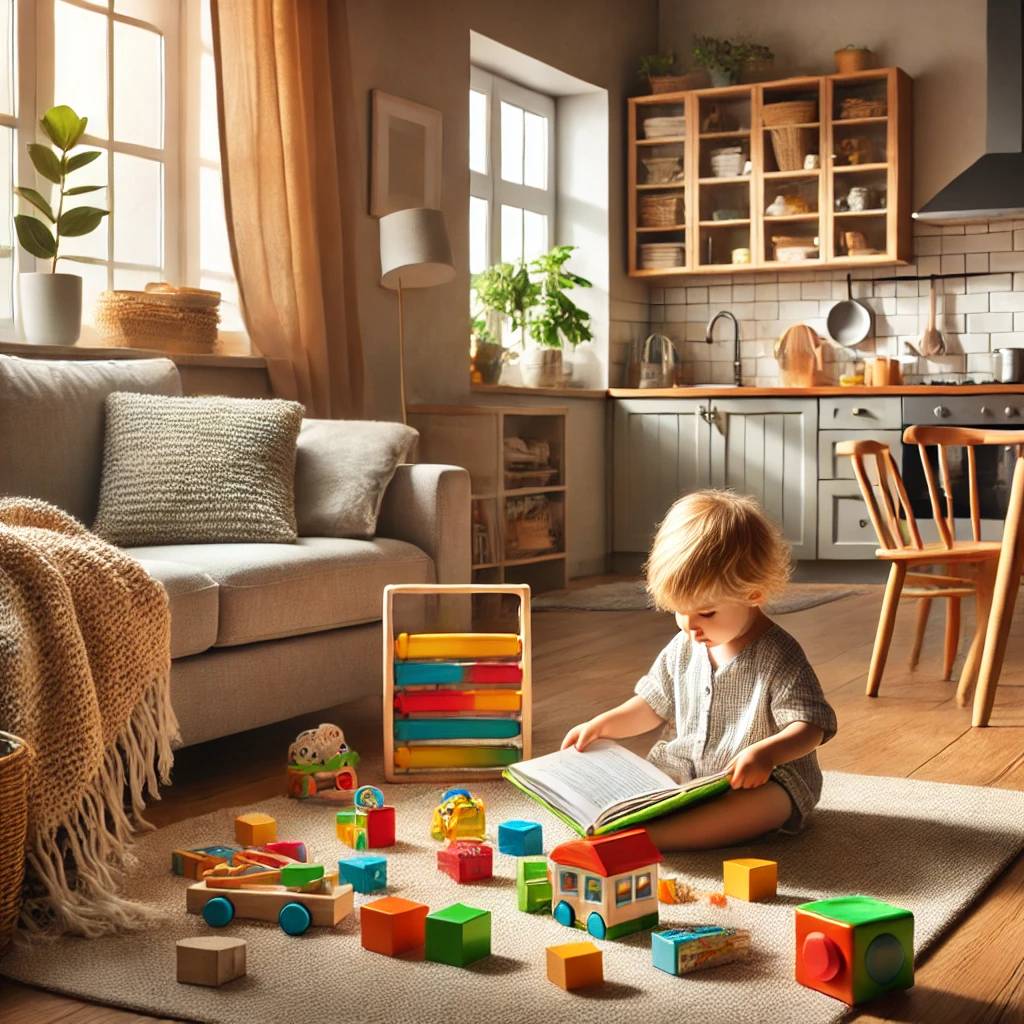Taking care of a toddler can be one of the most rewarding and, at times, overwhelming phases of parenting. Toddlers are at a critical stage where they are growing, learning, and testing their boundaries. Striking the right balance between love, discipline, and nurturing their development can be challenging, but with a few essential tips, you can make this journey smoother for both you and your little one.
Here are ten expert tips to help you navigate toddler care:
1. Create a Consistent Daily Routine
Toddlers thrive on routine. Having a predictable schedule helps them feel secure, as they begin to understand what comes next. Simple routines for meals, naps, and bedtime can significantly reduce stress for both parents and children. Try to stick to the same times each day for meals and sleep, which can also aid in their development and sense of time.
2. Encourage Healthy Eating Habits
Introducing healthy foods at this stage is crucial for their growth and development. Toddlers can be picky eaters, but consistency is key. Offer a variety of fruits, vegetables, whole grains, and proteins, even if they initially refuse. Toddlers are more likely to eat something if they see it multiple times, so don’t be discouraged by early resistance. Also, avoid turning mealtime into a battleground. Encourage healthy habits but stay patient and gentle.
3. Handle Tantrums with Patience and Understanding
Tantrums are a normal part of toddlerhood as they learn to express their emotions. It’s important to remain calm when your child is having a meltdown. Instead of reacting with frustration, try to identify what might be triggering their behavior. Toddlers often have tantrums when they are tired, hungry, or overstimulated. Giving them space to express themselves and gently guiding them through the situation can help reduce the frequency of future outbursts.
4. Promote Early Learning and Motor Skills
Toddlers are like little sponges, eager to learn from the world around them. Encourage their development through play and exploration. Simple activities like stacking blocks, playing with shape sorters, or reading books can enhance their cognitive and motor skills. Even everyday activities like sorting laundry or helping in the kitchen can provide learning opportunities that stimulate their growing brains.
5. Establish a Good Sleep Routine
Sleep is critical for a toddler’s physical and mental development. Establishing a consistent bedtime routine helps signal to your child that it’s time to wind down. This could include a warm bath, reading a book, or listening to calming music. Make sure their sleep environment is quiet, cozy, and free from distractions like screens or toys. Adequate sleep can also reduce tantrums and improve their overall behavior during the day.
6. Encourage Social Interaction with Other Children
Social skills are a crucial part of your toddler’s development. Providing opportunities for them to interact with other children helps them learn how to share, take turns, and communicate effectively. Whether it’s through playdates, daycare, or parent-child classes, social interaction fosters empathy and cooperation, which are vital life skills.
7. Potty Training Tips for Beginners
Potty training can be a daunting task for both toddlers and parents, but starting at the right time and staying patient can make the process easier. Look for signs that your toddler is ready, such as showing interest in the bathroom or staying dry for longer periods. When they’re ready, encourage them with praise and rewards for their successes, but don’t stress too much over accidents. Every child learns at their own pace.
8. Understand the Importance of Playtime
Playtime isn’t just for fun — it’s how toddlers learn about the world. Play helps them develop their imagination, problem-solving skills, and motor abilities. Encourage both independent play and interactive play with you or other children. Whether it’s through outdoor activities, building with blocks, or engaging in pretend play, make time for your toddler to explore and be creative every day.
9. Balance Screen Time with Physical Activities
While it’s tempting to use screens to keep toddlers entertained, it’s important to limit screen time and ensure they spend more time being physically active. Movement helps develop their motor skills and keeps them healthy. Instead of screen time, encourage activities like running, jumping, or dancing. If you do allow screens, make sure the content is educational and interactive, and watch it together to make the experience more engaging.
10. Develop Emotional Resilience
Toddlers are just beginning to understand their emotions, and it’s important to teach them how to handle big feelings in a healthy way. Encourage them to name their emotions and validate what they’re feeling, whether it’s anger, frustration, or happiness. Teaching them simple coping strategies, like deep breathing or expressing their feelings through words, can help them manage emotions better as they grow.
Final Thoughts
Caring for a toddler requires patience, love, and consistency. Every child is unique, and it’s important to adjust your approach to what works best for your toddler’s personality and needs. By providing a nurturing environment filled with structure, encouragement, and understanding, you’ll help your toddler navigate this exciting stage of growth while building a strong foundation for their future development.
Remember, while toddlerhood comes with its challenges, it’s also a time filled with joy, discovery, and heartwarming moments that you’ll cherish forever.
